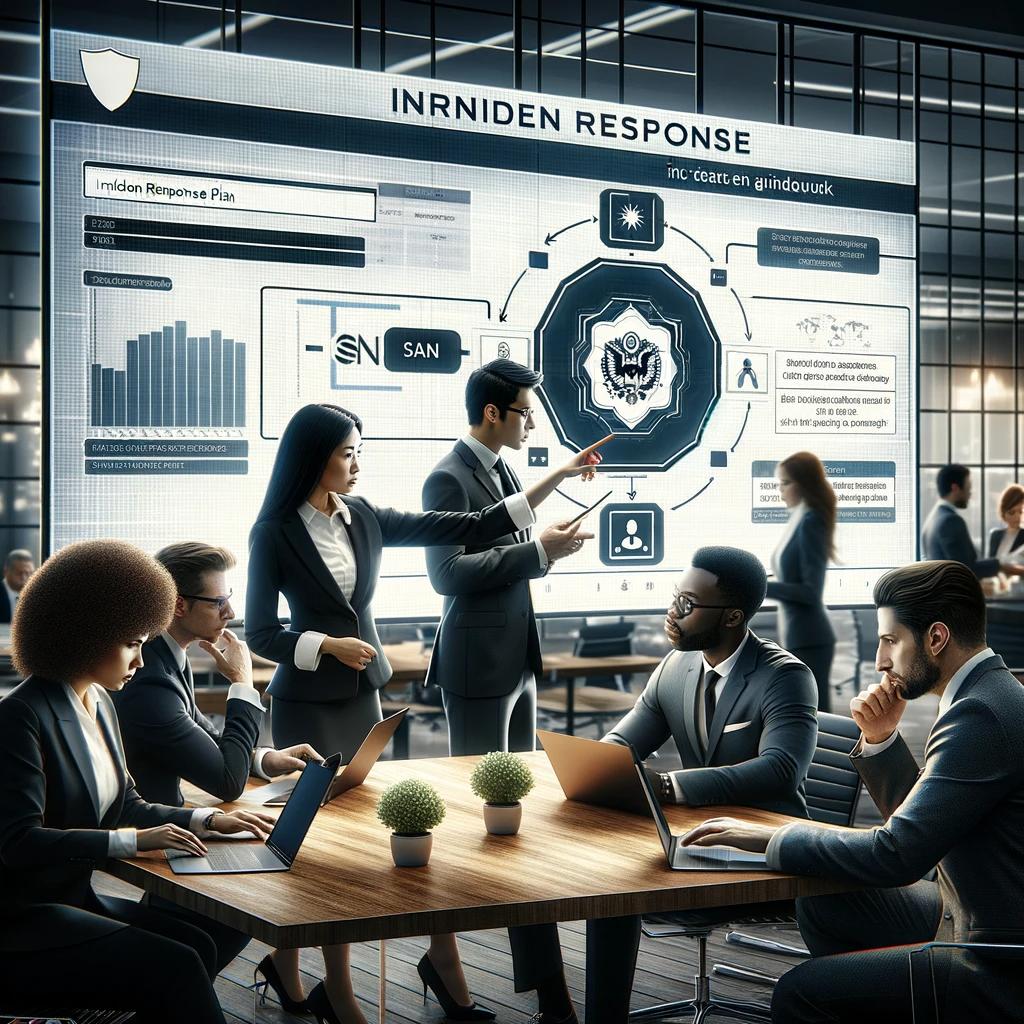Artificial Intelligence in Cyber Operations
Integrating artificial intelligence (AI) into cyber warfare is a significant development. AI’s ability to devise and execute cyber-attacks faster and more effectively than humans is poised to cause substantial disruption and damage. These operations are not limited to digital realms but extend to physical assets, including weapons and support systems. Cyber operations might target drones, boats, hospitals, and other equipment, thus influencing the outcome of wars in the 21st century.
Information Revolution and Indirect Competition
John Arquilla’s perspective on this new era of cyber warfare is intriguing. He describes it as an “information revolution” where outcomes are no longer determined by physical mass or mobility but by strategic cyber operations. This environment allows strong actors to compete indirectly, underscoring a shift from traditional confrontational warfare to more covert operations. Such an approach aligns with Ivan Arreguín-Toft’s strategic interaction theory, emphasizing the changing nature of global conflict.
Global Ramifications and Digital Upgrade of Warfare
The global implications of cyber warfare are profound. Warfare is no longer confined to physical battlefields with soldiers and spies; it has expanded into the digital realm, affecting nations and individuals alike. The digital upgrade of global conflicts and proxy wars illustrates how cyber warfare has become an integral part of international relations and security.
International Norms and Ethical Considerations
There’s a growing call among cybersecurity experts to establish international norms and treaties akin to a Digital Geneva Convention. These would define the acceptable limits and boundaries of cyber warfare, distinguishing between what is permissible and what is not. This initiative reflects the urgent need to address the ethical and legal vacuum in the cyber domain and to mitigate the real and present threats of cyber warfare.
Technology’s Impact on Society
The role of technology and internet access in modern society is a critical factor in the evolution of cyber warfare. With billions of internet users worldwide, the internet has become a crucial infrastructure. Its impact spans communication, learning, business, critical infrastructure management, and government operations. This widespread dependence on digital technology has made societies more vulnerable to cyber threats, further highlighting the importance of cybersecurity measures.
Conclusion
Cyber warfare represents a significant shift in how global conflicts are waged and managed. The rise of AI in cyber operations, the information revolution, the digital upgrade of warfare, the need for international norms, and the pervasive impact of technology on society collectively paint a picture of a future where cyber warfare is an integral part of international relations and security.
References
- What is the Future of Cyber Warfare?: https://blog.v-hr.com/blog/what-is-the-future-of-cyber-warfare
- Cyber in the Shadows: Why the Future of Cyber Operations Will Be Covert …: https://ndupress.ndu.edu/cyber-in-the-shadows-why-the-future-of-cyber-operations-will-be-covert
- Global Cyber Warfare: How We All Entered the Battlefield in 2023: https://www.techopedia.com/global-cyber-warfare-how-we-all-entered-the-battlefield-in-2023/2/34441
- Inside a future cyberwar: What will cyber warfare really be like?: https://www.deseret.com/2023/3/14/23637953/cyberwarfare-is-here-how-will-it-change-the-future
- Future developments in military cyber operations and their impact on …: https://blogs.icrc.org/law-and-policy/2023/02/08/future-developments-in-military-cyber-operations-and-their-impact-on-the-law-of-armed-conflict


Pingback: Digital Shield: Essential Practices for Cyber Defense - SecurityMike
Pingback: Comprehensive Analysis of the WannaCry Outbreak and Its Global Impact - SecurityMike
Pingback: The Evolution of Phishing: New Techniques in 2024 - SecurityMike
Pingback: Securing IoT Devices: Best Practices for Smart Home Security - SecurityMike
Pingback: Understanding the Impact of the Norsk Hydro Cyber Attack on Global Trade - SecurityMike